Australia’s first agriculture technology accelerator SproutX is taking shape and is now open for applications to its pre-accelerator program.
Australian prime minister Malcolm Turnbull first announced the initiative in December 2015 as a joint venture between the National Farmers Federation (NFF) and Findex, Australia’s largest privately-owned professional services company.
SproutX has raised over $1 million in funding for operations from the Victorian Government and strategic partners like Ruralco, a publicly-listed rural services and distribution provider.
The initiative is now raising a $10 million fund to invest in the startups that will go through its accelerator. This fund will be an Early Stage Venture Capital Limited Partnership (ESVCLP) giving investors tax benefits and it will be raised by Artesian Venture Partners, a Melbourne-based alternative investment manager.
How will SproutX work?
The first stage of the initiative is a 6-week pre-accelerator program that will accept 100 startups and put them through a free, online program of weekly lectures. The startups will be set milestones to achieve during the period, such as market validation, proof of concept and basic budgeting, which will represent about 10 hours of work a week. If they succeed, the program will award them $1k in cash and $10k in services.
Next is the main accelerator, a 6-month program, which will provide startups with seed funding in exchange for an equity stake. A line-up of partners that offer distribution, marketing, media exposure and technology will be made available for startups. Successful startups in the pre-accelerator have a better chance of making it onto the main accelerator, but it is not a shoe-in, said Sam Trethewey, general manager of SproutX.
“You don’t need to have done the pre-accelerator to go into the main one, but success during it will be beneficial,” he said.
Trethewey’s growing team, which has now reached five staff, will manage the selection process alongside a selection panel.
While Findex has provided 800 square meters of office space for the program, it will be partly online and hopes to encourage entrepreneurship in various regions of the country.
“Australia is the most urbanized country in the world, so we want to keep people in their regions and not force them to flock to Melbourne,” said Trethewey. “So that might mean we include a certain number of face-to-face meetings to enable startups to take part in the program remotely.”
Startups in the program will receive investment from the $10 million fund under terms that will be set before the program begins.
To apply for the pre-accelerator, click here.




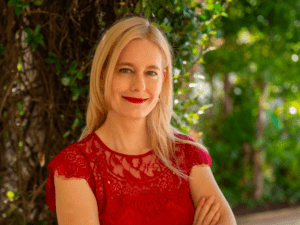

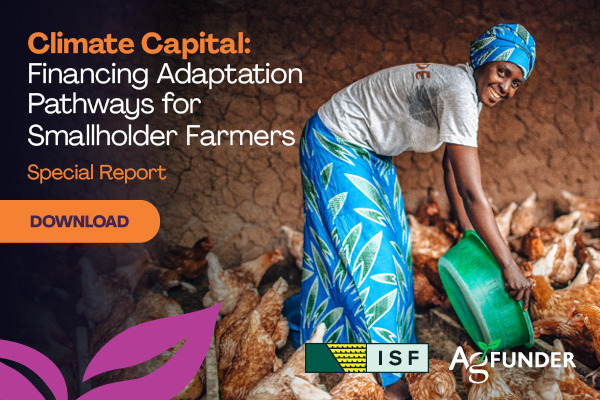


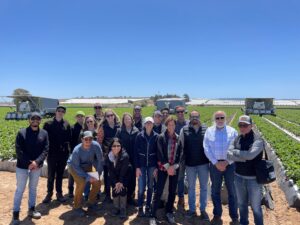

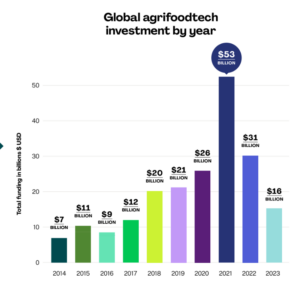
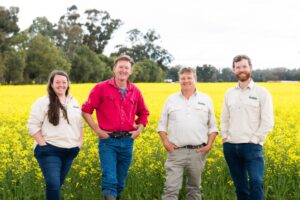



Sponsored
International Fresh Produce Association launches year 3 of its produce accelerator